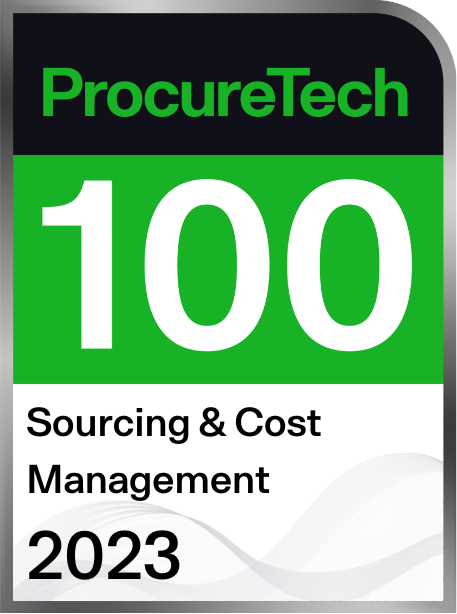My perspective on supply chain comes with a strong semiconductor technology bias, a partiality for supply management and an appreciation of operations with the processes that surround it. Coming from the semiconductor and telecommunications industries, I have seen the need for innovation, quality and cost management.
Being an engineer, I like data; having worked in Operations, I see its importance and having managed failure analysis and quality groups, I know it is vital to understanding what is going on and problem solving.
Given my penchants as described above, I find it strange that so many supply chain groups operate blind. By blind, I mean operating without the basic information and knowledge to do their jobs well, if at all. In many companies, I see three recurring problems caused by poor or missing data; some of which are intertwined:
- Missing, incomplete or incorrect approved vendor lists or manufacturer lists
- Incorrect costed bills of materials (BoMs)
- Incomplete MRP explosions
When Lytica benchmarks companies, we find a correlation between the company’s competitiveness and their ability to give us clean data. Those with the cleanest data score the highest on spending competitiveness. It is interesting that a recent study by APQC, an organization with data and benchmarking at its core, showed a marked difference between companies based on their supplier management as it relates to on time delivery from their suppliers. Data driven management and focus win every time.
The poor data problems in companies concern me as it detracts from good performance potential in what I consider to be the three top supply chain priorities: security of supply, cost and compliance both to stakeholder expectations and to your supply chain‘s design. In hockey terms, poor data quality puts your competitors on a power play while you’re stuck in the penalty box for the whole game!
Let me give you a few examples that I find concerning. Maybe you have a different view to share to give me hope.
Example 1: Too many companies that have outsourced to EMS providers do not explode their demand to the component level and, if they do, it often doesn’t agree with what’s in production. They work at the orderable item level. With the dynamic nature of forecasting and demand planning, the EMS companies respond with material buys and cancellations that result in some level of inventory, maybe excess, that must be price adjusted to align with the product’s forward pricing or written off.
This process, usually called revaluation, results in an exchange of cash or credits. How can an OEM know the correct value for this if they do not have the data? Millions of dollars can change hands in a process that is unverifiable by the OEM. How do they know if the EMS responded in a timely fashion to avoid excess inventory?
Example 2: Some companies are unable to produce component level price files from their EMS. Without this, how do they know if their materials costs are competitive and how can they challenge a revaluation charge?
Example 3: Some AVL/AML files contain distributor names and part numbers rather than those of the manufacturers, many have coding duplications leading to excess inventory and shortages on the same part. Other companies do not specify manufacturers or components at all, leaving it up to the EMS to choose. I do not understand how these companies can comply with legislation like conflict materials or ensure that their quality standards are being met if they don’t know whose material is in their product.
I hope companies are not spending millions on overpriced components, excess inventory and revaluations to avoid hiring a few hundred thousand dollars’ worth of staff. It also seems that many of the practices used in companies are not achieving what is intended or needed. I sense a holistic overview is missing, possibly caused by outsourcing or inexperience. Some dials need to be reset! Has management given away or sacrificed too many of the checks and balances required for operational and supply chain excellence?
Maybe a free benchmarking report would show your manager how much competitiveness has been lost.
By Ken Bradley – Lytica Inc. Founder/Chairman/CTO



